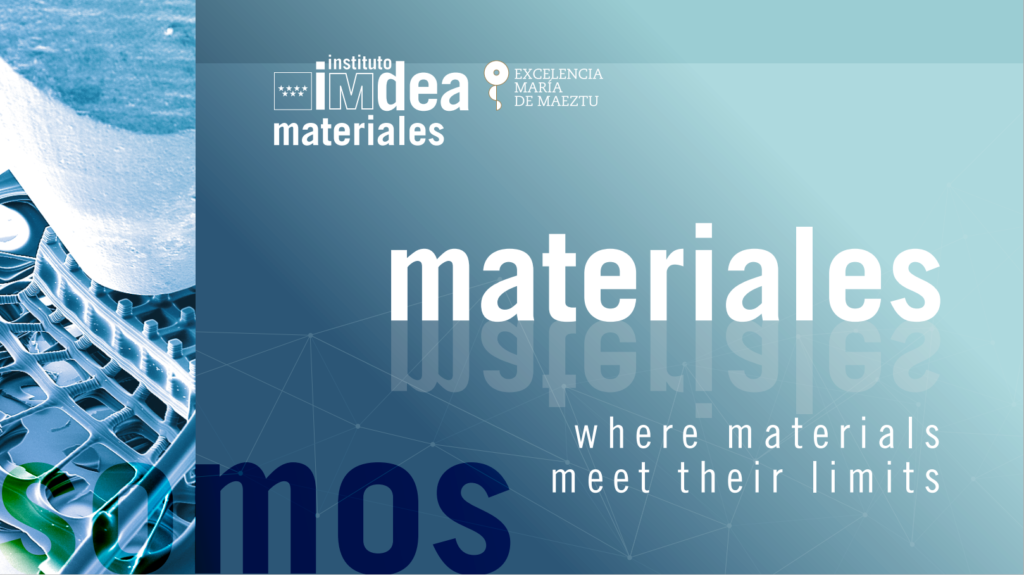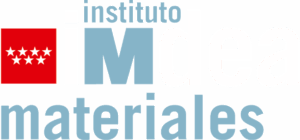Seminario del Dr. Moumita Rana, de la Universidad de Tecnología, Países Bajos, titulado: “How Do Charge Carrier Transport and Microstructure Influence Solid-State Battery Performance: Solving the Jigsaw”. El día 22 de julio, a las 12:00 hr, en la sala de Seminarios.
Resumen: Solid state lithium ion batteries are promising as the next-generation energy storagesystem due to their high energy density, thermal stability, and volumetricminiaturization. Even though, the ionic conductivity of solid state electrolytes is oftenblamed to be the bottle neck of


